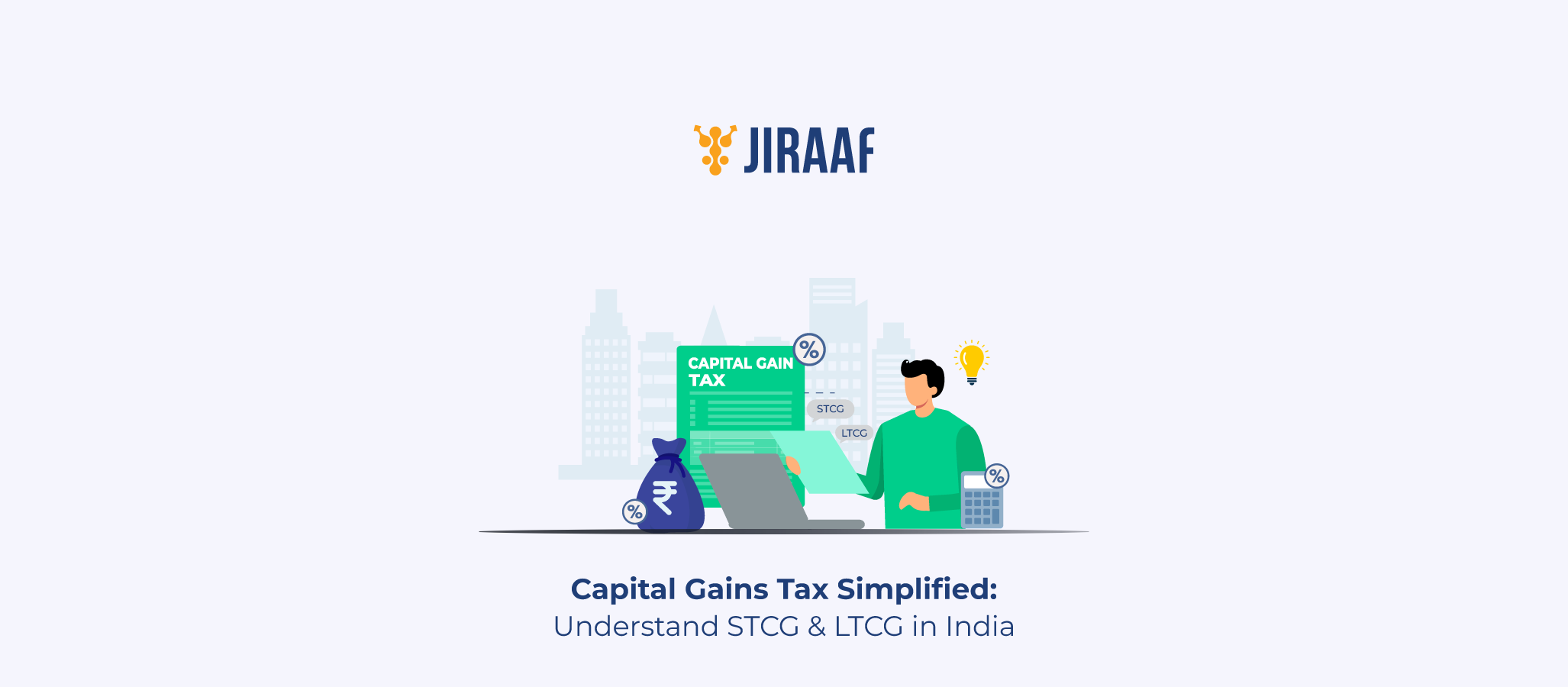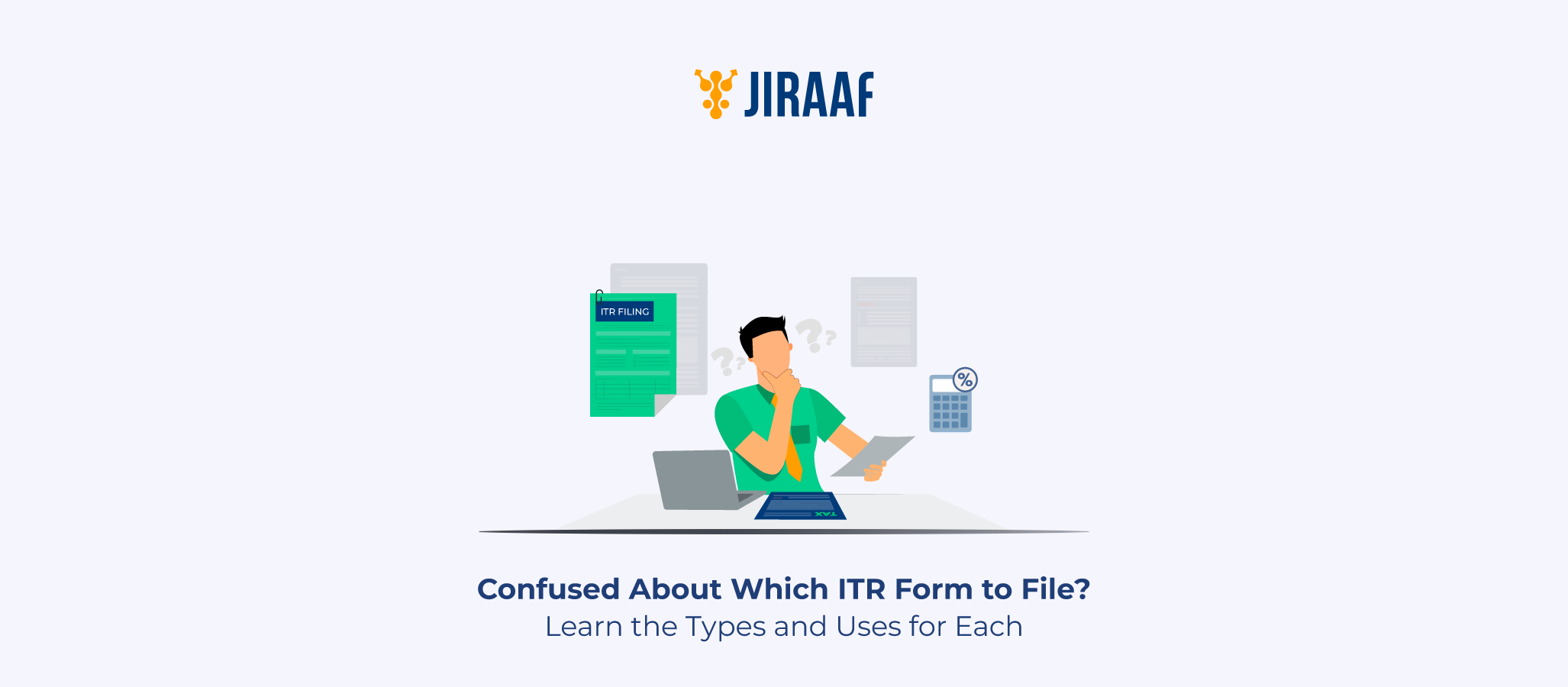Freelancing in India has grown massively, with professionals across writing, design, tech, consulting, and content creation opting for flexibility and autonomy. But with freedom comes responsibility, especially when it comes to taxes. If you’re earning income outside the traditional salaried structure, understanding freelance taxation is essential.
You might wonder, do I really need to file taxes as a freelancer? What expenses can I claim? Is GST applicable to me? If you’ve had any of these questions, you’re in the right place. This guide breaks it all down. Let’s dive in.
Who Is Considered a Freelancer Under Indian Tax Laws?
If you’re self-employed and provide services without being on a company’s payroll, you’re a freelancer in the eyes of the Income Tax Department. This includes:
- Graphic designers
- Writers, journalists
- Software developers
- Digital marketers
- Yoga instructors
- Consultants or tutors
You don’t need to be registered as a business to be considered a freelancer. Even if you’re doing occasional freelance gigs on the side, those earnings are taxable.
Do Freelancers Need to Pay Taxes in India?
Short answer? Yes. Any income you earn through freelance work is subject to income tax under the head “Profits and Gains of Business or Profession”.
Once your total income (freelance + other sources) exceeds the basic exemption limit (₹2.5 lakh for individuals below 60), you must file an Income Tax Return (ITR).
How is Freelance Income Taxed?
Your freelance income is taxed as business income, not salary. That means you can deduct expenses from your income before calculating tax, just like a small business would.
Key Taxable Categories
- Payments from clients (local or international)
- Income from services like consulting, designing, etc.
- Affiliate commissions, ad revenue (for influencers)
- Tips, bonuses, or freelance retainers
Unlike salaried employees who receive Form 16, you must maintain your own records, like invoices, bank statements, and expense receipts.
Understanding the Tax Slabs Applicable to Freelancers
Freelancers are taxed based on the normal income tax slabs applicable to individuals.
Income Tax Slabs for FY 2025–26 (Old Regime)
| Income Range (₹) | Tax Rate |
| Up to ₹2,50,000 | Nil |
| ₹2,50,001 – ₹5,00,000 | 5% |
| ₹5,00,001 – ₹10,00,000 | 20% |
| Above ₹10,00,000 | 30% |
Note: You can choose the new tax regime, but you won’t be able to claim most deductions (like expenses, 80C, 80D, etc.).
Example of Tax Calculation for a Freelancer:
Let’s say you earned ₹8,00,000 in a year through freelancing.
Expenses claimed: ₹1,50,000 (laptop, internet, software, etc.)
Taxable income: ₹6,50,000
Applicable tax (Old Regime):
- 5% on ₹2.5L – ₹5L = ₹12,500
- 20% on ₹5L – ₹6.5L = ₹30,000
Total Tax Payable: ₹42,500 + cess (₹1,700) = ₹44,200
How to File Income Tax Return for Freelancers
Freelancers file ITR under “Income from Business/Profession” using ITR-3 or ITR-4 (if opting for presumptive taxation).
When to Use Which:
- ITR-3: If you maintain detailed books of accounts
- ITR-4: If you opt for presumptive taxation under Section 44ADA (discussed below)
Step-by-Step Process to File ITR as a Freelancer
- Gather Your Documents: Invoices, expense proofs, Form 26AS, AIS, bank statements
- Login to the Income Tax Portal
- Select the correct ITR Form (ITR-3 or ITR-4)
- Report Total Income and deduct eligible expenses
- Add Other Income (if any—interest, FD, rent, etc.)
- Compute Tax Payable
- Pay Self-Assessment Tax if required
- Submit and e-verify your return
Freelancer Tax Deductions & Expenses You Can Claim
This is where freelancers have an edge over salaried employees.
You can deduct
- Laptop, desktop, or mobile used for work
- Software subscriptions (e.g., Canva, Adobe, Notion)
- Internet bills
- Rent (if you work from home)—a portion
- Travel expenses for client meetings
- Marketing and advertising
- Phone bills
- Professional fees (e.g., CA, lawyer)
- Depreciation on equipment
Keep proofs and maintain a record. You can even depreciate expensive assets like a high-end laptop over a few years.
Is GST Registration Mandatory for Freelancers?
If your annual turnover exceeds ₹20 lakh (₹10 lakh in NE states), GST registration becomes mandatory. However, even if you earn less, it might make sense to register voluntarily—especially if you work with GST-registered businesses.
When Should You Register for GST?
- If you’re billing over ₹20 lakh a year
- If clients ask for GST invoices
- If you want to claim input tax credit
How to Register and File GST as a Freelancer?
- Apply online via gst.gov.in
- File GSTR-1 (sales) and GSTR-3B (summary return) monthly or quarterly
- Pay collected GST and claim any ITC (Input Tax Credit)
Most freelancers fall under 18% GST for services.
Tips to Save on Freelance Taxes in India
- Opt for Presumptive Taxation (44ADA) if your income is under ₹50 lakh. You declare 50% of your income as profit and pay tax on that; no need to maintain books.
- Use Business Expense Deductions wisely.
- Claim Section 80C (up to ₹1.5L)—PPF, ELSS, LIC
- Use 80D for health insurance
- Plan advance tax payments quarterly to avoid penalty
Common Mistakes Freelancers Make While Filing Taxes
- Not maintaining invoices or bank reconciliation
- Missing out on expense deductions
- Ignoring foreign payments like PayPal income
- Not paying advance tax in installments
- Not registering for GST when required
- Filing the wrong ITR form
Avoiding these can save you both money and future legal hassles.
Conclusion
Freelancing gives you flexibility and control, but that means taking charge of your finances too. Filing your income tax as a freelancer isn’t just about compliance; it’s a smart way to manage your money, avoid penalties, and build credibility.
You have a lot of deductions and planning strategies at your disposal, so use them well. And when in doubt, consult a tax professional. The more you understand your tax obligations, the smoother your freelance journey will be.
FAQs
Do freelancers need to pay tax in India?
Yes, once your total income exceeds ₹2.5 lakh, you must file ITR and pay applicable tax.
Can freelancers opt for presumptive taxation?
Yes, under Section 44ADA, if your income is below ₹50 lakh and you’re a professional.
Is GST mandatory for freelancers?
Only if annual income crosses ₹20 lakh, or if you deal with GST-registered clients.
What are some common deductible expenses for freelancers?
Laptop, rent, phone, internet, software, travel, and professional services.
Do I need to pay advance tax as a freelancer?
Yes, if your tax liability exceeds ₹10,000 in a year, you must pay quarterly advance tax.
Discover fixed income investments with Jiraaf, a SEBI registered online bonds platform that educates and brings access to a wide array of bonds. Sign up today to explore diversified fixed income investment opportunities to support your goal-based wealth creation journey. Start investing!




